Should I get a dog soon, or is now not the right time? It’s a big decision and one that can change the course of
The Happy Puppy Site
Planning A Puppy
everything you need to know
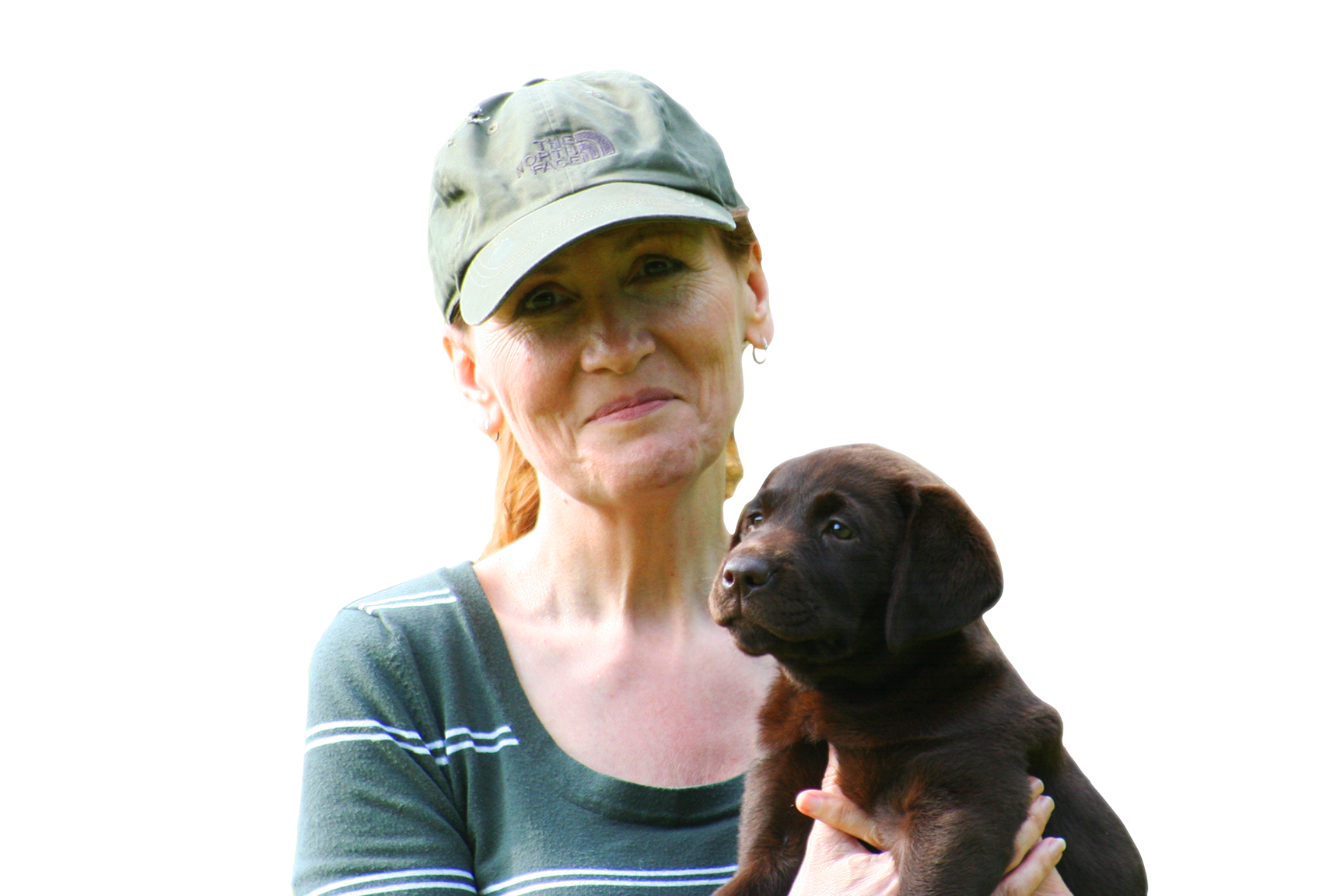

Written by: Pippa Mattinson
Bringing a puppy into your life is a big decision. Puppies are enormous fun and the dogs they grow into can bring years of joy and companionship.
Your new puppy will be utterly dependent on you for all its needs, so it's important that you are ready for your amazing puppy journey!
You need to be in the right place emotionally and practically to cope with the needs and challenges of a puppy.
We’ll look at those challenges, and I’ll help you decide if you are ready for your puppy adventure. Then I’ll give you the information you need to find your new friend and prepare for their arrival.
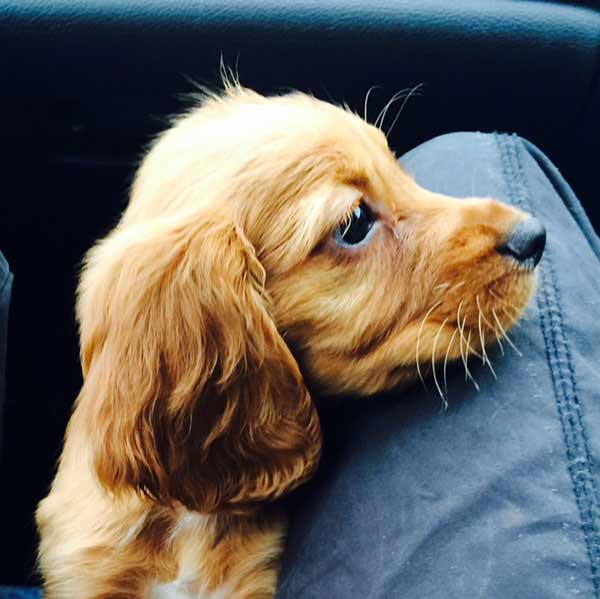
Raising a puppy takes time and patience, and owning a dog can make quite a dent in your finances. So it’s important that you only take this step when you are ready for the commitment and expense involved.
You also need to know that some types of dogs are a lot more expensive than others, so we’ll talk about that too.
Contents
Are You Ready For A Dog?
Puppies grow into dogs quite quickly. Small breed dogs usually reach their full size well before their first birthday, with larger breeds taking a little longer.
Either way, within a year or so of bringing a puppy into your life you will be a puppy parent no longer, and instead will be a bona fide dog owner with all the joys and responsibilities that entails.
Do check out ‘should I get a dog’ to find out more about what’s involved in owning an adult dog.
It’s entirely possible to own an adult dog without going through the puppy rearing stage. Dog rescues and animal shelters are always looking for loving homes for the dogs that they have taken in.
But if your heart is set on a puppy, you’ll need to look at your lifestyle and other commitments before taking the plunge. Because raising a puppy is a lot more involved that living with an adult dog.
Should I Get A Puppy?
The first thing to consider is your time. Puppies should not be left alone for long periods of time so it is difficult to raise a puppy while you work full time. Difficult, but not impossible with the right help.
TWO QUESTIONS TO ASK
- Do you have time for a puppy?
- Can you afford a puppy?
To succeed as a working puppy parent, you’ll need some help and you’ll probably need to spend some money on that help.
1 Do You Have Time For A Puppy?
Unless you have another adult willing to step in and parent your puppy for those first important first few weeks, you’ll need to take some time off work to settle your puppy in, get them socialized and get potty training underway.
Potty training = hourly trips to the yard
The main reasons you have to be available for your puppy during the first few weeks, are hourly (or more) trips out to the yard for toilet training and daily (and hour or more each) socializing outings.
Socializing = daily outings
Puppies also need more frequent meals than older dogs and benefit from some time spent each day on training games.
Have a look at our new puppy page to find out what to expect from a new puppy in the first week or so, and see if you think you can fit that in around your work and home committments.
Your New Puppy
what to expect and how to cope
If you work from home, or work part time you may be able to manage your puppy’s routine without too much help. But expect to be interrupted constantly (hourly or more) for potty training trips outside for the first few weeks.
And allow time for taking your puppy on socializing outings, most days of the week for the first five weeks.
2 Can You Afford A Puppy?
Next up are finances. Unfortunately puppies can be expensive.
When most people look at the cost of owning a dog they think about the purchase price, then about buying food each week, some toys, and a dog bed.
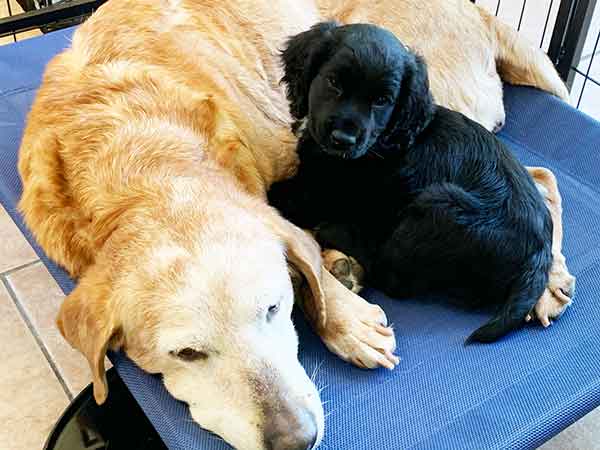
However, your biggest expense over your dog’s lifetime is quite likely to be for medical treatment. And for some breeds of dog this can be a lot more than for others.
The importance of insurance
Like babies, puppies need annual vaccinations and health insurance is a must for most new puppy parents.
Health insurance is expensive but pales into insignificance when compared with the cost of paying veterinary bills. A night at the animal hospital on a drip, a few xrays and some antibiotics and you are looking at hundreds, if not thousands of dollars.
A lifelong illness such as epilepsy, allergies, or long term conditions like cancer can set you back a college fund or two. Taking out insurance avoids making desperate choices further down the line.
The importance of choosing your breed carefully
All dog breeds are not equal when it comes to health insurance. Just like they do for vehicles, insurance companies base their rates on the cost to the company when someone makes a claim.
Dogs that are more likely to need expensive surgery are going to cost more to insure than dogs that people rarely make claims for.
Some breeds of dog are much more expensive to insure
Dogs that are expensive to insure include flat-faced breeds like Pugs and French Bulldogs, and long backed dogs such as Dachshunds.
This is because flat-faced dogs may need expensive surgery to their upper respiratory tract to help them breathe. And long back dogs may need expensive spinal surgery to deal with disc disease cause by their body shape.
Those are just a few examples, there are other breeds that are expensive to insure and it’s worth checking out some insurance quotes before you make a decision on which breed to buy
The Cost Of Doggy Day Care
You can leave some adult dogs alone for four or five hours, but no dogs should be left for a full working day on a regular basis.
So, if you plan on returning to work when your puppy is a few months old, you will need to factor in the cost of day care or paying a dog walker to come to your home and take your dog out for an hour or so in the middle of the day.
Sometimes family or friends are keen to help, but offers often fade away as the puppy grows, becomes less cute, and gets bouncier.
Prices vary so check out your local dog care center or dog walkers before you commit to bringing your puppy home.
Which Type Of Puppy Should I Get?
Most of us are attracted to a particular type of dog. Some of us love big dogs, some of us like our dogs small. Then there are hairy dogs, versus dogs with low maintenance coats. And purebred dogs versus mutts.
No-one can tell you what sort of dog you should get. But what we can do, is let you know which dogs are more challenging or more expensive to care for. And which dogs are likely to give you an easier ride as a first time puppy parent.
The most important thing to avoid, if you can, is health issues. This will save you and your puppy a lot of heartache and suffering.
While there are no guarantees of a healthy puppy, there are ways to tip the odds in your favor. One way is to make sure that your breeder is responsible and has health tested your puppy's parents for known diseases in the breed.
Your Dog's Body Shape
and why it matters
Another is to avoid dogs with disabilities that are built in to the conformation or body shape of the breed.
Things To Avoid When You Look For A Puppy
It seems extraordinary that people still breed dogs with body shapes that cause pain and distress, but unfortunately a number of our most popular pedigree breeds have a range of health problems caused by breeders taking body shape to extremes.
And it's up to you, the puppy buyer, to decide whether or not to take a chance on a breed with poor conformation.
Things To Avoid
when choosing a puppy
You'll find a lot more information in Things To Avoid When Buying A Dog
Where Can I Find A Puppy?
Puppies can be purchased from responsible dog breeders. They can also be purchased from puppy mills and the pet stores that they supply.
There are some very good reasons not to buy a puppy mill puppy. But while most people would prefer to purchase a dog from a reputable breeder, it isn’t as easy as you might think to tell the difference.
How To Find A Puppy
where to look and what to avoid
On my Find Your Puppy page you’ll find lots of tips to help you avoid puppy mills, information on the importance of making good choices when sourcing a puppy. And help recognizing a responsible and caring breeder when you find one.
I also show you how to unearth those responsible breeders, and how to assess puppy 'for sale' adverts and make a judgement when you pay a breeder a visit.
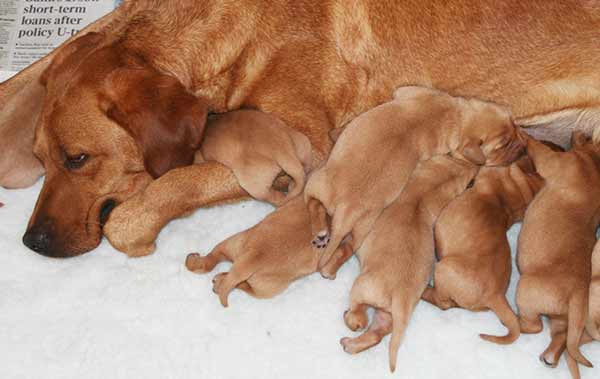
How Do I Choose Which Puppy?
Picking one puppy out of a gorgeous litter can seem like an impossible task. Fortunately it isn't too difficult.
The secret lies in finding the right breeder. A responsible breeder will not sell an unhealthy puppy, and with a good breeder all the puppies in the litter should be good quality.
What To Look For
when choosing a puppy
Knowing that the breeder has done the hard work for you, should make choosing a little easier, and enable you to focus on the markings or personality of the puppies.
For more information on picking a puppy from a litter, check out this guide to what to look for in a puppy.
More Information
You'll find more information and tips on this topic in Where To Buy A Dog. Once you have found a reputable breeder and are ready to choose your new friend, you'll find information to help you in the articles below
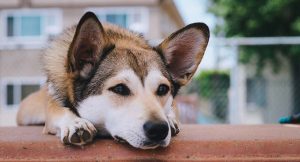
Should I Get A Dog? Let’s Find Out!
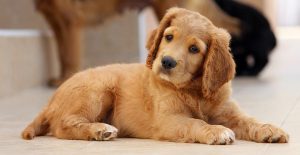
Puppy Search – A Step By Step Guide To The Puppy Of Your Dreams
Your puppy search starts here! Finding a puppy is incredibly important, and picking the right litter will set you up for the best possible dog

Where To Buy A Dog
Knowing where to buy a dog is critical if you want your puppy to be happy and healthy. The way your puppy is bred and
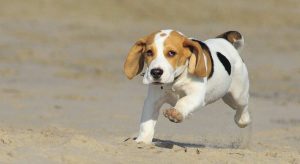
Adopting Vs Buying A Dog Or Puppy
Before you can get down to looking for your new friend, choosing between adopting vs buying a dog or puppy is an important step to
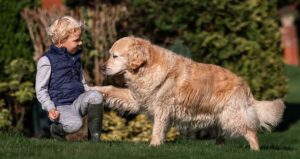
Which Breed Of Dog Is Best For Me?
With around two hundred breeds of dog to choose from, picking the right breed for your family can be a bewildering task. To add to
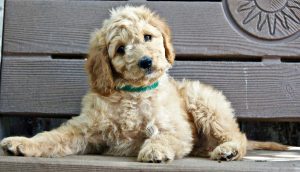
Dog Temperament – Choosing A Friendly Puppy
Dog temperament is arguably the most important factor to take into consideration when picking a puppy. And we can influence that future behavior a great deal,
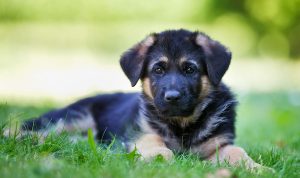
How To Adopt A Puppy From A Shelter
In ‘how to adopt a puppy from a shelter’ you’ll find out where to adopt a puppy, and what is involved in adopting a puppy
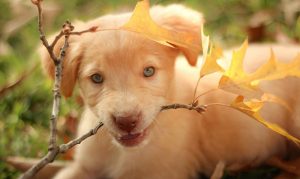
Purebred Vs Mutt – Are Mixed Breed Dogs Healthier?
Purebred vs mutt – It’s not a new debate. And there are facts and myths on both sides. That’s what this article is about. We

What To Look For When Buying A Puppy
In what to look for when buying a puppy you’ll find out how to tell a healthy puppy from a sick one, good breeders from
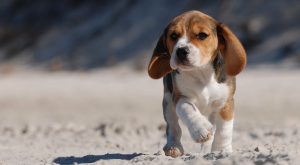
Different Types Of Dogs: The Dog Breed Groups Explained
Your guide to the seven different types of dogs found around the world. Discover the key characteristics of each breed group and find out which
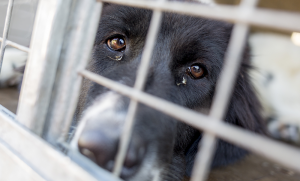
Is It Wrong To Buy A Puppy – The Adopt Don’t Shop Campaign
Are dogs over populated? Should we stop breeding dogs until our shelters are empty? Is it wrong to buy a puppy when so many dogs need
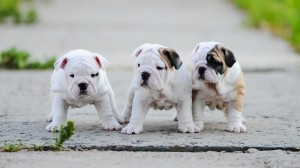
Dog Breeds – 8 Things to Avoid When Choosing Your Puppy
No-one wants their dog to get sick or to be disabled. Here is a simple way to avoid some common structural health problems in your
Recommended: